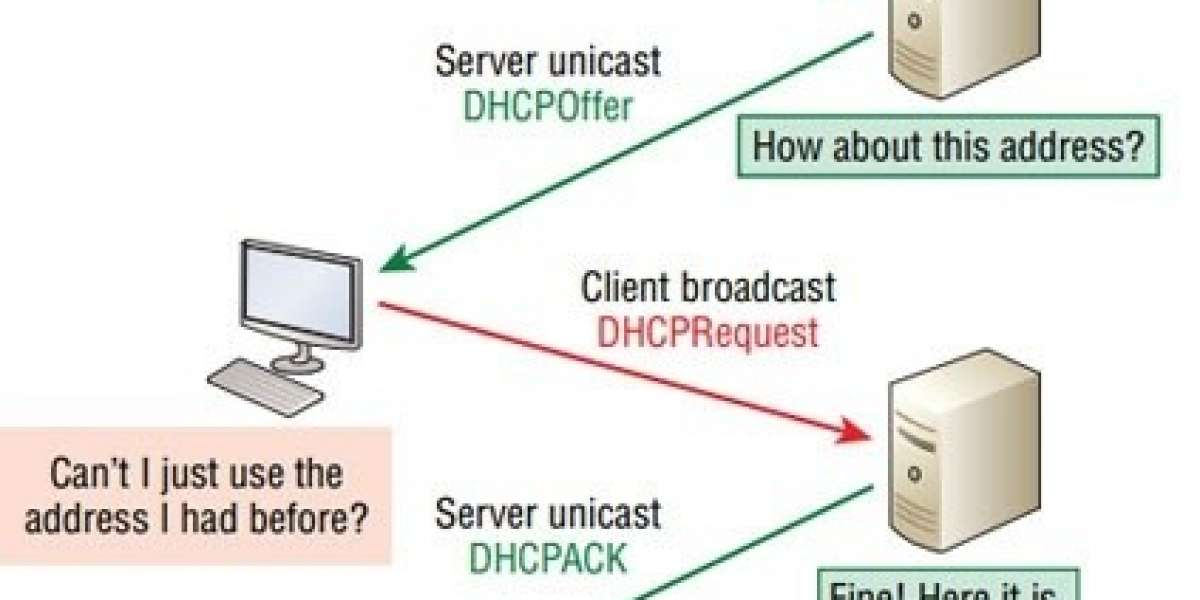Part 1:
[1]The U.S. government’s housing policies were the major contributors to the financial crisis of 2008.The losses associated with these weak and high risk home loans caused either the real or apparent weakness of the major financial institutions around the world that held these mortgages. [1] These policies fostered the development of a massive housing bubble between 1997 and 2007 and the creation of 27 million subprime and Alt-A loans, many of which were ready to default as soon as the housing bubble began to deflate. [2] The recession ended seven years ago, but persistent joblessness and underemployment marred the economic expansion that followed. A growing body of research suggests the economic trauma has left financial and psychic scars on many Americans, and that those marks are likely to endure for decades.
[2] As in previous recessions, millions of Americans faced a phenomenon economists sometimes call wage scarring. The damage was exacerbated by the job market’s painfully slow recovery.
[4] The recession had a definite impact on family life. Industrial production was not the only "production" that had fallen; birth rates had dropped to record lows as people delayed having children in the face of the economic troubles.[4] Less money in the pockets of parents had a direct impact on the kids' education and enrichment opportunities.
[5]From stocks point of view, U.S. stocks were only 2.7% overvalued when it began. Nonetheless, stocks proceeded to sink, ultimately losing 53.78% from peak to trough. By the time it ended, stocks had recouped about 14% of the loss, ending the recession down 40% from its October 9, 2007 peak.
Part 2:
Automotive Industry after 2008 recession
[6] Oil price increases explain less than one-fifth of the auto sales decline.
[6]Falling home values explain roughly 17 percent of the overall new auto sales reduction during this period. [6]Using a calibrated economic model, one shows that a slowdown in the growth rate of real income is expected to last only a few years is capable of reducing permanent income by a large enough amount to explain the observed auto sales reduction.
[7]In response to the shock, households delay replacing existing vehicles, allowing them to smooth the effects of the income shock without significantly adjusting the service flow from their vehicles. Combining our negative results regarding housing wealth with positive model-based findings, one interprets the auto market collapse as consistent with existing permanent income based approaches to durable goods purchases.
[8] The U.S. auto industry suffered its first annual sales decline in 2018 since the financial crisis eight years ago. Though sales fell 1.8% in 2017 as pent-up demand declined and interest faded in sedans and compact cars, auto makers still sold 17.2 million vehicles in 2017, the first time the industry has cleared the 17-million mark three consecutive years, according to IHS Markit. Buyers took advantage of low gasoline prices and loan rates, flocking to pickups and sport utilities—a trend that delivers much higher margins to Detroit and its foreign rivals.
Part 3:
[9]Four important factors come to light in view of our startup business:
1. Debt
[9]Shedding certain company assets can be a way to reduce debt without necessarily cutting core parts of the operation.
2. Decision making
[9]The uncertainty of a recession necessitates experimentation, which requires that decisions be made throughout the organization.
3. Workforce management
[9]Layoffs have been considered not just harmful to individuals but also to the companies as they lose out on trained talent. Fortunately, layoffs are not the only way. Company should consider hour reductions, furloughs and performance pay.
4. Digital transformation.
[9]Technology can make your business more transparent, more flexible, and more efficient. According to Katy George, a senior partner at McKinsey, the first reason to prioritize digital transformation ahead of or during a downturn is that improved analytics can help management better understand the business, how the recession is affecting it, and where there’s potential for operational improvements.
[9]The underlying message across all areas is that recessions are a high-pressure exercise in change management, and to navigate one successfully, a company needs to be flexible and ready to adjust.
As per Harvard Business Review, a company to survive a recession should not be too aggressive or too defensive in their approach. [11]Organizations that focus purely on promotion develop a culture of optimism that leads them to deny the gravity of a crisis for a long time. They ignore early warning signs, such as customers’ budget cuts, and are steadfast in the belief that as long as they innovate, their sales and profits will continue to rise. In order to emerge out successfully in a recession, its Optimistic leaders should also attract employees who thrive in a forward-looking, growth-oriented environment.
$787 Billion Stimulus Package and ‘Making Home Affordable’ was launched by the Obama Administration to end the 2008 recession. The companies should keep a look out for such initiative by the Federal and State Tax Governments. Such policies are frames so that startups do continue to thrive and to reduce the blow to US economy. Financial gains however small can serve as a boon in these situations.
References
1] https://www.govinfo.gov/content/pkg/GPO-FCIC/pdf/GPO-FCIC.pdf
2] https://www.wsj.com/articles/the-recessions-economic-trauma-has-left-enduring-scars-1462809318
3] http://graphics.wsj.com/how-the-world-has-changed-since-2008-financial-crisis/
7] "The 2008 U.S. Auto Market Collapse," authored with Rong Li, Saif Mehkari, and Yi-Chan Tsai.2
8] https://www.wsj.com/articles/u-s-auto-sales-slip-in-december-1514993454
9] https://hbr.org/2019/05/how-to-survive-a-recession-and-thrive-afterward
10] Joern Block Philipp Sandner (2009) What is the effect of the financial crisis on venture capital financing? Empirical evidence from US Internet start-ups, Venture Capital, 11:4, 295-309, DOI: 10.1080/13691060903184803.
11] https://hbr.org/2010/03/roaring-out-of-recession











